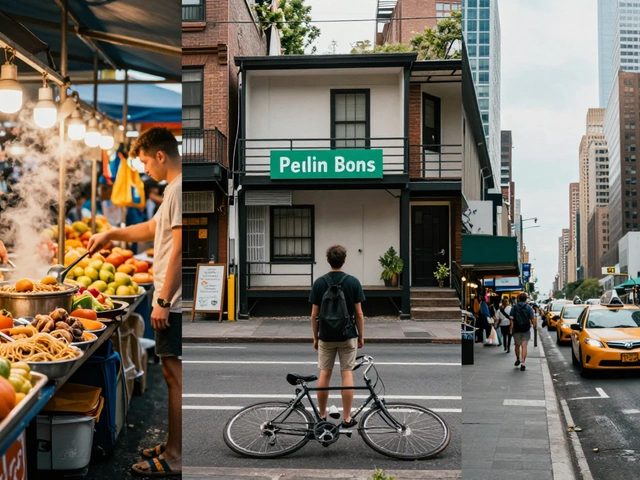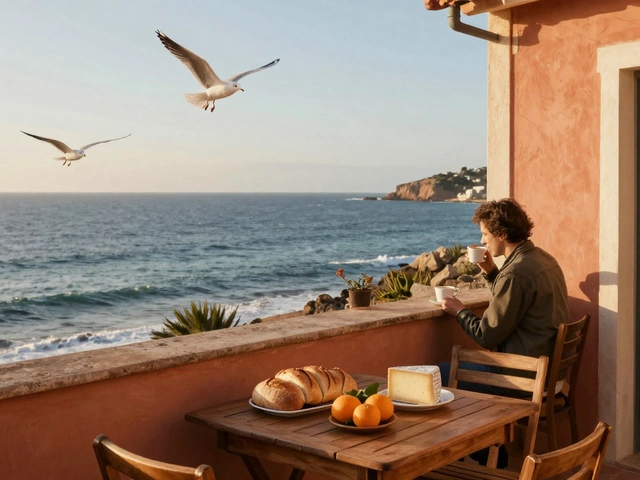British Phrase: What It Means and How It Shapes Travel Talk
When you hear someone say British phrase, a common expression used in everyday UK speech that often carries cultural meaning beyond its literal words. Also known as UK slang, it’s not just about accents—it’s about how people pack meaning into short, quirky sayings that can confuse visitors but feel totally natural to locals. Think of it like this: if you’re told to "have a cuppa" or that something is "not bad," you’re not just hearing words—you’re hearing a whole way of thinking. These phrases show up everywhere in travel conversations, from airport queues to beachside pubs, and they’re everywhere in the posts here—from tips on budget getaways to advice on tipping at resorts. Understanding them doesn’t just help you get by—it helps you feel like you belong.
Many of the posts on this site touch on things British travelers actually say when planning trips. For example, when someone says "I’m off for a city break," they’re not just talking about a weekend away—they’re using a term that’s been part of UK travel culture since the 1980s. Or when you hear "all-inclusive" being discussed, the real conversation often includes phrases like "no need to tip" or "it’s a bit dodgy," which hint at unspoken rules about value and etiquette. These aren’t random expressions—they’re cultural signals. The same goes for how people describe destinations: "a bit of a trek," "not worth the hassle," or "proper quiet"—each one tells you more than just location. They tell you about expectations, comfort levels, and even social norms. You’ll see these phrases woven into posts about cheap holidays, beach days, and even where singles meet. They’re not just background noise—they’re part of the advice.
There’s also a deeper layer: British travelers often use understatement to manage expectations. Saying a place is "not bad" might mean it’s amazing. Calling a hotel "a bit rough around the edges" could mean it’s charmingly old-school. These aren’t mistakes—they’re habits shaped by decades of modesty and irony. That’s why posts about avoiding tourist traps or finding hidden gems often use language that sounds casual but carries weight. When someone says "it’s not the Caribbean," they’re not just comparing climates—they’re signaling disappointment, nostalgia, or even pride in authenticity. These phrases are tools for truth-telling in a world full of glossy ads and inflated claims.
What you’ll find below isn’t just a list of articles—it’s a collection of real travel stories told in the voice of British travelers. You’ll see how phrases like "bit of a scramble," "worth the wait," or "not too busy" shape opinions on destinations, pricing, and experiences. Whether you’re planning your next getaway or just trying to understand why your friend says "it’s all good" after a disastrous flight, these posts break down the language behind the decisions. No fluff. No jargon. Just the phrases people actually use—and what they really mean when they say them.





